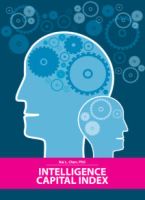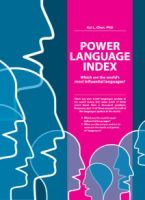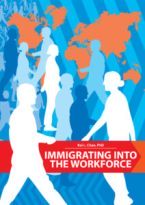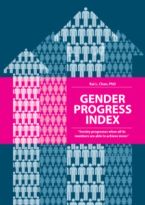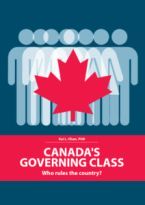
Assessing our responsibilities outside the Ivory Tower
Having a moral conscience is harmful to your wallet; it urges you to fight for social justice, often at the expense of a lucrative career. For this reason, I wish that I were not held back by the mortgage of guilt in the inequality and destitution that I see in society.
Although I have little sympathy for adults who make bad choices and end up on the short end of life, I cannot help but feel despair for those born into poor circumstances or saddled with bad luck in life.
But why should I care about the welfare of strangers? I am not burdened by the guilt of privilege. I am neither tall, nor white, nor rich, nor blessed with beauty — traits that confer positive rewards to their owners. If anything, the world has left me to die — literally and figuratively — more than once in my life (but I’m still kicking, although the lack of NHL hockey on TV is making me go insane!).
Why should I fight against policies that will hurt the poor? Regressive measures would have hurt me when I was young, when I was growing up as a poor immigrant child, but now I stand to benefit from them. Economics teaches us that humans are self-interested creatures — why should I be the exception?
I have achieved enough in life that I need not worry about the poor or the lame. With a lucrative career in hand, I will belong to the elite of society. The plight of the dispossessed is ephemeral when you live in a gated community: out of sight, out of mind.
Public service? Charity? Working in the nation’s service?
Why should I feel compelled to return favors to a world that has seldom graced me with fortune? Isn’t this the same society that turned its back on me in my darkest time? Even an erstwhile Sunday School teacher forsook me in a time of need. I was born a Maple Leafs fan on top of that. Is my pang for a fairer society a function of my history? Is it because every time I see a child going to school hungry I am reminded of my own past? Maybe it’s because I was told that “for evil to prosper all it requires is that good men do nothing” — a take on a quote from Edmund Burke — and believed it.
Maybe it’s because every time I see someone less fortunate than myself I am reminded of a principle instilled in me since grade school: “There but for the grace of God, go I.” But after all the years of toiling, isn’t it time that I start harvesting the fruits of my labor?
Anyhow, I’d rather leave the guilt of a good life to other people. Let the Rockefellers of this world worry about the poor. Yet, this mortgage that I carry with me is not something that I can drop so easily. It’s luggage that I will likely carry to the grave.
I wonder how my colleagues at Princeton view their responsibilities to the world. How many are burdened with remorse? My guilt is a relic of my past. Why do others care? Do others care? Or is it all about padding the resume? What will we do after graduation? Will the fight for social justice take a back seat to our wallets?
I wish that I was as cold and heartless as some of my peers in the quest for the almighty dollar.
When greed and hubris overtake our senses, perhaps we should heed some warnings from the Bible: “[I]t is easier for a camel to go through the eye of a needle, than for a rich man to enter into the kingdom of God” (Matthew 19:24). Likewise: “Pride goes before destruction. And a haughty spirit before stumbling” (Proverbs 16:18).
I do not begrudge those who do not share with me this yoke of guilt. Life would be simpler — and more financially rewarding — if not for this overhang. I for one wish I could drop it, if I could.
Nevertheless, the unburdened are actually poorer if they forgo charity. A smile on a child’s face is worth more than money. But I’d trade it all if the Leafs could win the Stanley Cup.
Kai Chan is an economics graduate student from Toronto, Canada.
The Daily Princetonian: “Assessing our responsibilities outside the Ivory Tower”
Published: Tuesday, February 22nd, 2005

